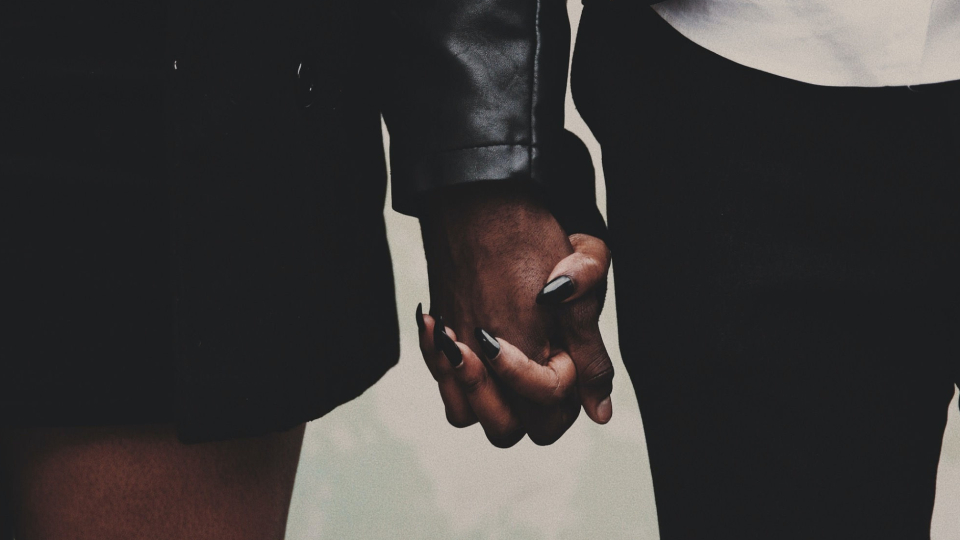Beyoncé’s Renaissance World Tour was an inescapable cultural phenomenon over the summer, ending with her grand finale this past weekend in Kansas City, MO. The Beyhive’s dedication contributed to economic growth in cities across the globe and has even been blamed for inflation as people spend on experiences instead of products.
Unlike the other cultural phenomenon of the summer of 2023—the Barbie and Oppenheimer box office battle, for instance, or Taylor Swift’s Eras Tour—Beyoncé and her Renaissance World Tour (RWT) are doing something uniquely political. They are creating an affirming, celebratory space in every city they visit—one that is explicitly Black and explicitly Queer. The same principles uplifted at every RWT stop through symbols, representation, and artistry—from one of the greatest performers of all time!—are at the heart of what we do at the Center for Policing Equity—protecting, supporting, and empowering Black communities.
This is noteworthy. RWT was much more than a pop culture moment to be remembered for its incredible costumes, set designs, celebrity appearances, and fan antics. It was a masterclass in using art and politics to talk back to white supremacy, homophobia, and transphobia.
Though the “Everybody on Mute” challenge took social media by storm, another statement Beyoncé made during her shows deserved much more attention than it received.
At the end of each performance, The Queen stated an intention: “I hope you feel seen, I hope you feel safe, I hope you feel connected.” Acknowledged, secure, and in community: These are central tenets necessary for building genuine public safety for everyone.
As the country becomes increasingly focused on a political public safety argument over who's “soft on” and who's “tough on” crime, Beyoncé reminded us at every stop of her tour that public safety is about so much more than simply the absence of crime. Public safety is about the ability to be seen, to feel safe in our persons, and to be connected with community—for all of us to be our free and liberated selves, without fear.
This is exactly the world that the Renaissance World Tour allowed us to imagine. Beyoncé took her explicitly Black and explicitly Queer show all over this very anti-Black and anti-Queer world, blazing a trail through North America and Europe’s conservative cities and states, celebrating Black ballroom culture, Black LGBTQ+ folks (particularly Black trans and genderqueer folks), Black women, and Black children (metaphorically and literally… the show includes her very own child, Blue Ivy). The show and album are also an homage to her beloved Uncle Jonny, a gay Black man who lived proudly and helped raise Bey and her sister Solange, but tragically died of complications associated with HIV early in Beyoncé's career.
I saw the Renaissance World Tour in Louisville, KY, a state which has formally outlawed Drag Shows in public spaces. Two nights before, Bey performed in Nashville, TN, a state that two months prior had passed three anti-LGBTQ laws. Earlier this year, the Human Rights Campaign deemed Florida, Tennessee, North Dakota, and Texas the four “most aggressive” states for anti-LGBTQ legislation; by this past Sunday, Beyoncé had taken her Black Queer extravaganza to three of those four states, performing for a combined audience of over 200,000 people in Florida, Tennessee, and her home state of Texas.
The work of cultivating Queer-affirming spaces, especially for Black people, is crucial—a fact brought cruelly home by the murder of O’Shae Sibley, a Black Queer dancer. O’Shae was killed for voguing to Beyonce’s music at a Brooklyn gas station, at the same time as she was performing her New York City area show at MetLife Stadium on July 29, 2023. Beyoncé's closing wish for her audience that night, no less than every other night on her tour, echoed against the reality of such brutality.
In many ways, the violence visited against O'Shae and other Black, Queer, and Trans folks has been sanctioned by anti-Black and anti-Queer rhetoric, laws, and actions from government officials, influential pundits, and the police themselves. The work of reimagining and, subsequently, redesigning public safety systems is crucial to creating a world where all people have the right and ability to self-determine.
Beyoncé used her substantial platform to show us that there is no realm, artistic or otherwise, where it is justifiable to be oblivious to the injustices happening here and across the globe. The movements organized to limit women’s bodily autonomy, people’s freedom of expression, LGBTQ+ people’s right to exist, marry, and love whoever they want, and even restrict what people can read and learn about the history of Black people in this country, categorically makes us all less safe.
The threat of being the victim of a crime is not the only thing that should make us afraid for our safety. The persistent erosion of our collective humanity should shock us all into action. Beauty, empowerment, sass, the pure euphoria of the Renaissance World Tour reminds us that safety is about much more than the absence of harm; it’s about liberation. We all deserve to be seen, safe, and connected.

Individuals like you power all of our work. Consider donating today to support programming like this and other critical public safety redesign work.

